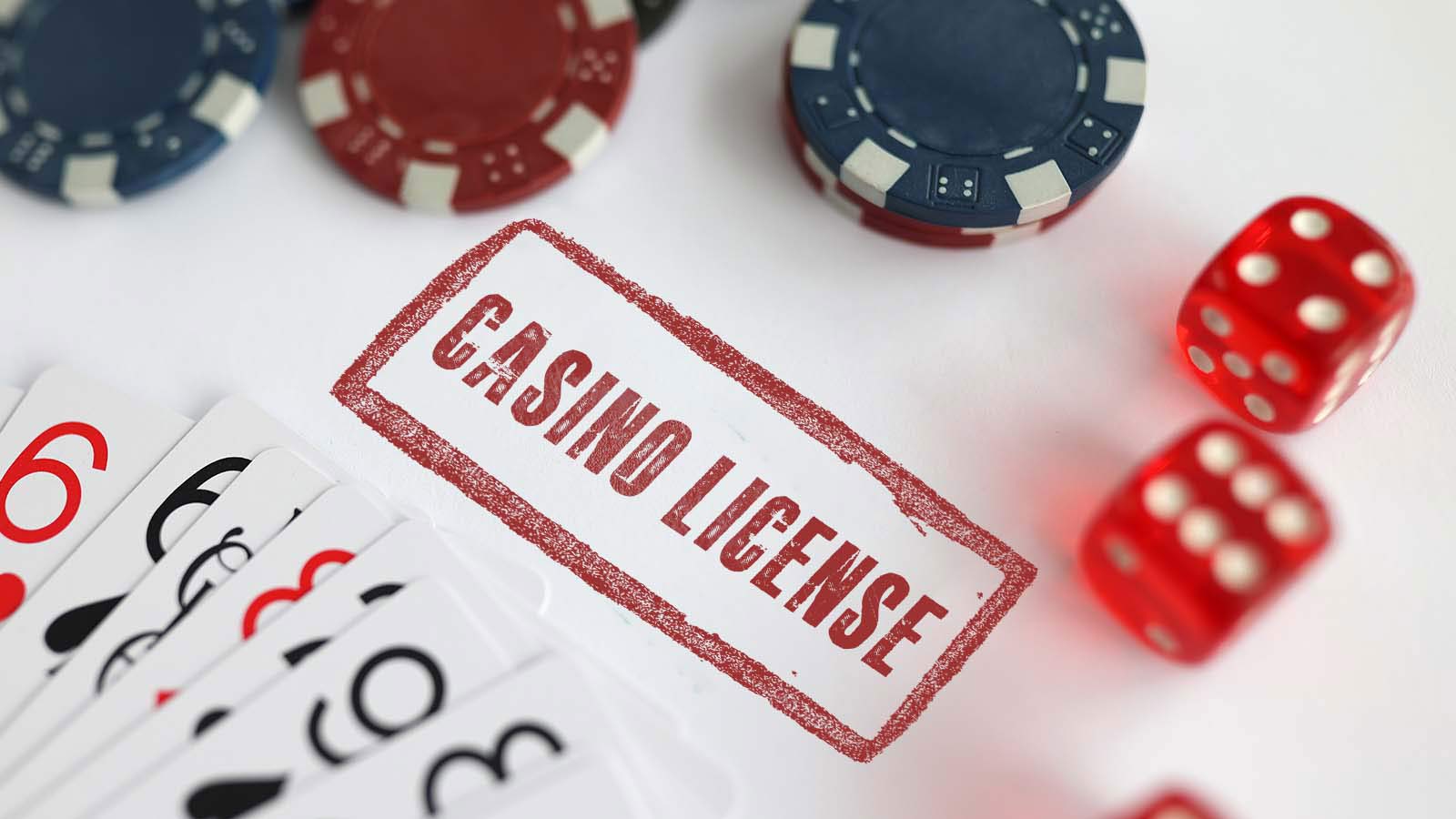The question of how to win at a casino for a beginner arises sharply when first encountering the gambling environment. The illusion of easy success quickly collides with the reality of mathematical probabilities. To turn the start into a conscious and effective process, a systematic approach is required: understanding the rules, calculating bets, analyzing indicators, and controlling emotions.
How to Win at a Casino for Beginners: Basic Principles
Every novice strives to understand how to win at a casino, relying on quick results. The mistake is made by betting on luck without calculation. Practice shows that experience is gained through observing the game process, testing tactics in demo mode, and strict bankroll control.
Gaming companies indicate the RTP (Return to Player) indicator, which reflects the average return of funds. For example, a slot with an RTP of 97% returns 97 units out of every 100 invested. These numbers allow assessing the probability of winning and possible risks in advance.
Discipline and Capital Management
The key to the question of how to win at a casino for a beginner lies in money management. Capital control eliminates chaotic bets and reduces losses. The bankroll is divided into parts, limiting the risk of a single session.
For example, a $300 budget is allocated for 30 gaming days at $10 each, which protects against tilt and impulsive actions. At the same time, discipline plays a crucial role: adhering to limits fosters strategic thinking and maintains focus on long-term profitability.
Strategies and Their Practical Value
Professionals recommend testing different strategies. Betting systems like the Martingale are based on doubling the amount after a loss, but they increase variance and require significant capital. More flexible tactics, such as “fixed bet,” reduce volatility and allow for longer control of the gaming process.
Analysis of popular approaches:
- Roulette: the European version reduces the casino’s advantage to 2.7%, while the American version increases it to 5.26%.
- Slots: modern machines offer RTP from 92% to 98%, but high volatility can prolong the process.
- Blackjack: with basic strategy, the casino’s advantage decreases to 0.5%, making it one of the most profitable games.
These examples confirm that a smart choice of game reduces risks and enhances control over the outcome. The optimal strategy is formed not through universal advice but through practice and analysis of specific conditions.
Bonuses and Hidden Conditions
When discussing how to win at a casino for a beginner, it is important to consider bonuses. Welcome promotions increase the bankroll but come with wagering requirements — a mandatory playthrough condition.
For example, with a $100 bonus and a x30 wagering requirement, you would need to place bets totaling $3,000, which without a strict strategy would lead to losses. Therefore, bonuses are effective only when understanding the rules and being ready to adhere to limits.
Risks and Emotional Control
Engaging in gambling without analysis poses a risk of rapid losses. The question of how to win at a casino for a beginner is closely related to the ability to control tilt — a state where emotions override logic. Professional practice confirms that short gaming sessions and clearly defined limits reduce the influence of emotions on the process.
For example, limiting the time to 40 minutes and the fixed amount of bets prevent overspending and maintain profitability.
Tactics and Examples from Practice
When contemplating how to win at a casino for a beginner, it is important to consider real examples. In blackjack, basic strategy reduces the casino’s advantage to 0.5%. In roulette, the European version allows for minimal risk when using the “double chance” betting system. High volatility in slots leads to large winnings but requires patience: with a $1 bet on a machine with 97% RTP, the average return over 1000 spins would be up to $970, with possible long losing streaks.
Discipline and Control as the Foundation
The question of how to win at a casino for a beginner is directly related to discipline. A player who controls limits and emotions preserves the capital longer and gains profit in the long run. Stopping the game after doubling the bankroll or reaching a pre-set loss limit. Control acts as a filter against unnecessary bets born out of excitement.
The Role of Experience in Achieving Results
A novice often perceives winning as a coincidence. But an experienced player builds the game systematically: uses demo mode, analyzes statistics, implements strategies, considers variance and volatility. Gradually, understanding how to win at a casino transforms into knowledge: only prolonged practice forms a stable result.
For example, a player testing slots for a month in demo mode understands volatility and chooses machines with the lowest risk. This approach eliminates random actions for real money.
Gaming Process Without Illusions
The gaming process is not a path to easy money but a tool that requires calculation and systematic approach. The question of how to win at a casino for a beginner gains practical value only when gambling is viewed as a resource management strategy. Any win creates an illusion of easy profit, but without discipline and control, it results in losses.
How to Win at a Casino for Beginners: Summing Up Recommendations
Understanding how to win at a casino for a novice is formed through step-by-step practice, not through superficial advice. A clear set of rules helps reduce risks and build a sustainable gaming process.
List of recommendations:
- Choose games with high RTP (not less than 96%) to minimize variance.
- Use demo mode to test tactics without risking money.
- Allocate the bankroll for sessions, keeping the risk of a single bet within 2–3%.
- Apply strategies with fixed bets to reduce volatility.
- Control limits and end the game when reaching the goal or loss limit.
- Analyze bonuses considering wagering requirements and conditions.
- Maintain discipline: stop playing at the first signs of tilt.
These steps lay the foundation for effective money management and increase the likelihood of consistent winnings. Adhering to these rules turns gambling into a controlled process with a predictable outcome.


















